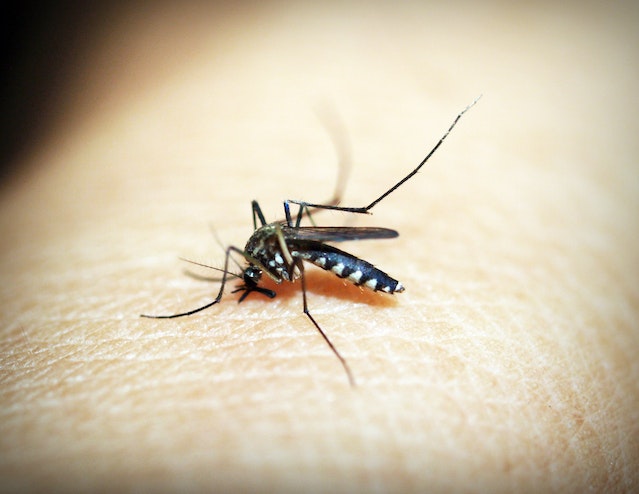When mosquitoes bite people, they can spread diseases such as West Nile virus, dengue fever, chikungunya, and malaria.
Insect control professionals use various techniques to reduce the number of mosquitoes in an area.
They also educate the public about prevention methods. This includes eliminating standing water.
Contents
Insects and Diseases
Regular mosquito extermination helps to protect your health and safety by preventing the spread of mosquito-borne disease organisms. These organisms include a variety of viruses, parasitic worms, bacteria, and protozoa that can be transferred to humans from bitten insects.
Insect-borne diseases can be serious and even fatal. Examples of the most severe illnesses that can be transmitted to humans by mosquitoes are West Nile virus (WNV), Eastern equine encephalitis (EEE), and dengue fever.
To help prevent the spread of these diseases, it is essential to eliminate all sources of standing water on your property. This includes rain gutters, old tires, buckets, plastic covers, toys, and other water containers.
Additionally, drain wading pools weekly. Change the water in birdbaths every four or five days.
Insect Repellent
Using exterminator or insect repellents containing DEET (chemical name: N, N-diethyl-meta-toluamide) or picaridin (KBR 3023), two of the most effective and safest active ingredients can help protect you against mosquito bites and the diseases they carry. Select a repellent that offers the best protection and use it properly.
If you are outside for long periods, choose a product with a higher percentage of DEET. For short outdoor excursions, a product with a lower concentration may be more appropriate.
Repellents based on plant oils, such as citronella, geranium, basil, garlic, and peppermint, are also modestly effective against mosquitoes. However, they provide only limited protection and should be used sparingly.
Other methods of preventing mosquitoes include wearing appropriate clothing and using netting when sleeping outdoors or in unscreened structures. Keeping the backyard free of discarded water and other mosquito breeding sources is also essential.
Pest Control
Pest control refers to methods and strategies to keep unwanted organisms from harming desirable plants, wildlife, or structures. It can include mechanical or physical controls such as traps, screens, barriers, nets, radiation, and electricity.
The goal of pest control is to reduce or eliminate the population of a particular pest. This can be done by using various tactics and choosing a strategy that causes the least harm to people, the environment, and other species.
In the case of mosquitoes, regular extermination helps protect people from diseases transmitted to humans by mosquito bites, including malaria and yellow fever. Besides eliminating adult mosquitoes, typical extermination also reduces the breeding sites that mosquitoes use to lay eggs and feed their larvae.
Mosquito breeding sites are often around homes and include unused kiddie pools, buckets, and discarded car tires. Emptying these and other potential sources of stagnant water at least once a week can help reduce mosquito populations and bites.
Pest Prevention
Regular mosquito extermination helps to protect your health and safety by keeping mosquitoes out of your home. Mosquitoes can carry disease-causing viruses and parasites that can cause serious illnesses such as West Nile Virus, Zika virus, chikungunya, and malaria.
To help reduce the number of mosquitoes around your home, clean up puddles, old tires, bird baths, rain barrels, and other water containers. Empty and scrub these items at least once a week to remove potential mosquito breeding sites.
Keeping your home clean and well-maintained will keep mosquitoes and other pests free. Vacuum and mop floors regularly to eliminate debris that may attract pests. Also, avoid storing food in open containers that can attract pests.

